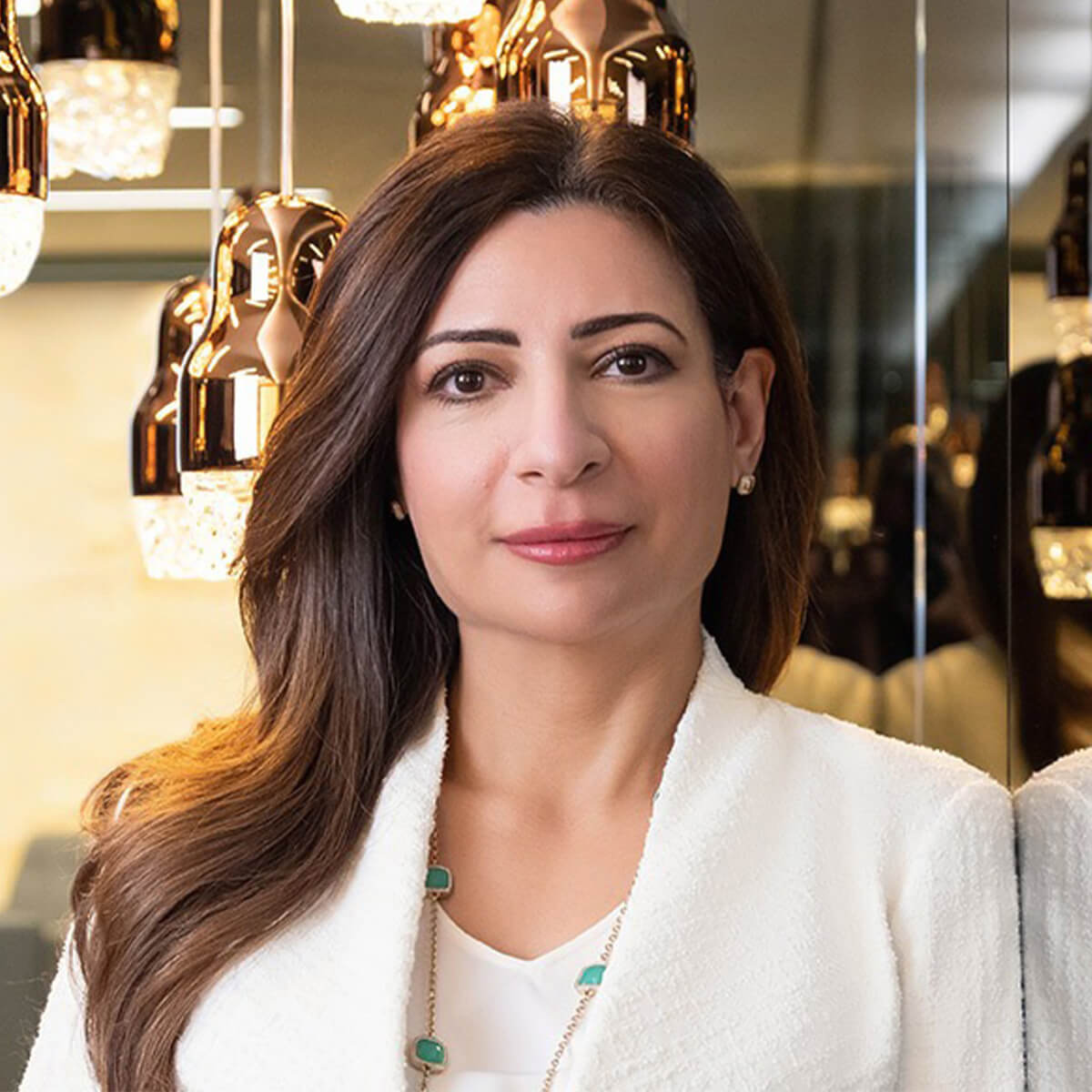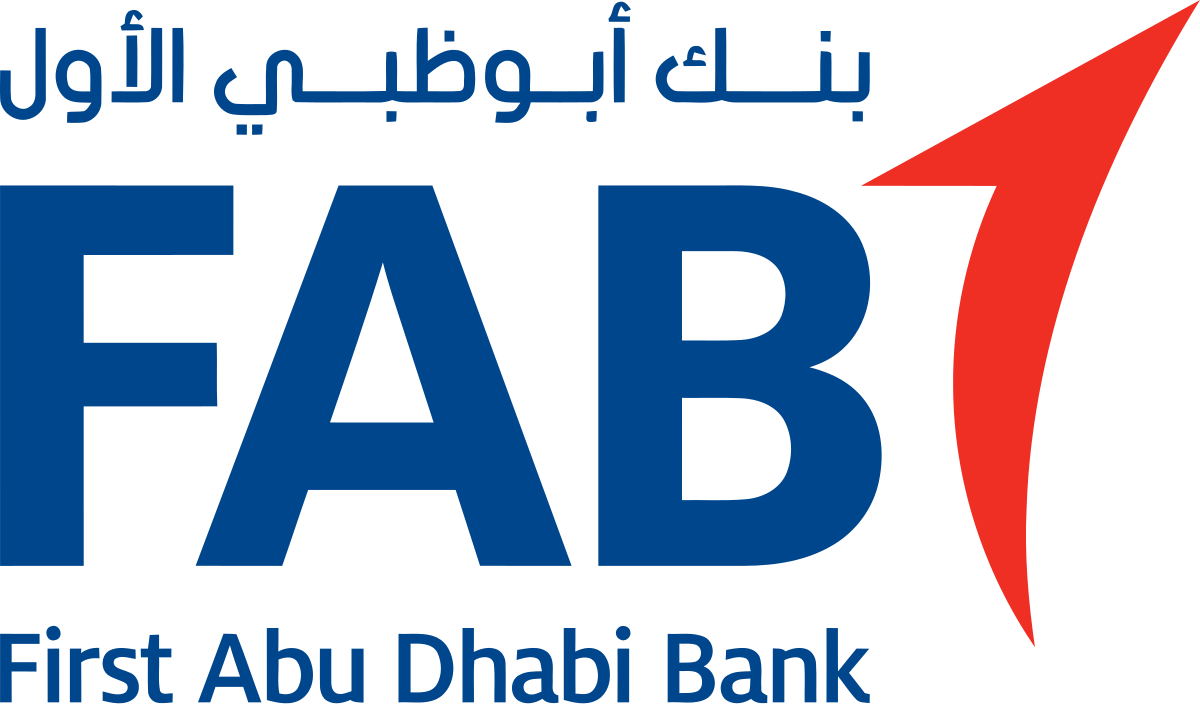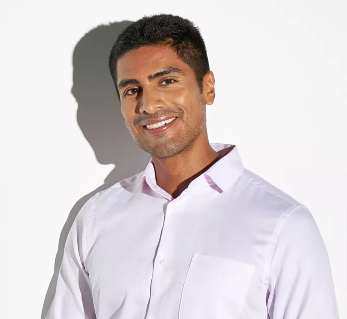First Abu Dhabi Bank, commonly known as FAB Bank, is one of the largest banking institutions in the United Arab Emirates (UAE). With a rich history and a strong presence in the region, FAB Bank plays a crucial role in the country’s financial sector. But who exactly is the owner of FAB Bank UAE?

Credit: www.forbesmiddleeast.com
The Ownership Structure of FAB Bank UAE
When it comes to the ownership of FAB Bank UAE, it is essential to understand the bank’s corporate structure. FAB Bank is a public joint-stock company, which means that it is owned by shareholders who hold shares in the bank. As a publicly traded entity, FAB Bank’s ownership is dispersed among a large number of investors who own shares in the company.
Key Shareholders Of Fab Bank Uae
While FAB Bank’s ownership is spread among numerous shareholders, there are a few key entities that hold significant stakes in the bank. These key shareholders play a crucial role in the bank’s governance and strategic direction. Some of the major shareholders of FAB Bank UAE include:
| Shareholder | Ownership Stake |
|---|---|
| Abu Dhabi Investment Council | XX% |
| Government of Abu Dhabi | XX% |
| Other Institutional Investors | XX% |
Abu Dhabi Investment Council
The Abu Dhabi Investment Council is one of the key shareholders of FAB Bank UAE. As an investment arm of the government of Abu Dhabi, the Abu Dhabi Investment Council plays a significant role in the bank’s ownership structure. The council’s investment in FAB Bank reflects its commitment to supporting the country’s financial sector and driving economic growth.
Government of Abu Dhabi
Another major shareholder of FAB Bank UAE is the government of Abu Dhabi. As the capital of the UAE, Abu Dhabi has a strong interest in the success and stability of the country’s banking sector. By owning a stake in FAB Bank, the government of Abu Dhabi demonstrates its support for the bank’s operations and its contribution to the local economy.
Other Institutional Investors
In addition to the Abu Dhabi Investment Council and the government of Abu Dhabi, FAB Bank UAE also has other institutional investors who hold stakes in the bank. These investors may include other government entities, financial institutions, and investment funds that have invested in FAB Bank as part of their portfolio diversification strategy.

Credit: en.wikipedia.org
Frequently Asked Questions
What Is Fab Bank Uae?
FAB Bank UAE refers to the First Abu Dhabi Bank, which is one of the largest banks in the United Arab Emirates.
Who Owns Fab Bank Uae?
FAB Bank UAE is owned by the government of Abu Dhabi through the Abu Dhabi Investment Council, which holds a 33. 33% stake, and by the government of Dubai through the Investment Corporation of Dubai, which holds a 33. 33% stake.
Who Is The Ceo Of Fab Bank Uae?
The CEO of FAB Bank UAE is André Sayegh, who took on the role in 2018.
What Services Does Fab Bank Uae Offer?
FAB Bank UAE offers a wide range of banking services, including personal banking, business banking, investment banking, and Islamic banking.
Where Are The Headquarters Of Fab Bank Uae Located?
The headquarters of FAB Bank UAE are located in Abu Dhabi, the capital city of the United Arab Emirates.
Conclusion
While FAB Bank UAE is owned by a diverse group of shareholders, the Abu Dhabi Investment Council, the government of Abu Dhabi, and other institutional investors play a significant role in the bank’s ownership structure. By having a stake in FAB Bank, these key shareholders contribute to the bank’s success and play a crucial role in shaping its future direction.
Understanding the ownership of FAB Bank UAE provides valuable insights into the bank’s corporate governance and the stakeholders who have a vested interest in its operations. As a leading financial institution in the UAE, FAB Bank’s ownership structure reflects the strong support it receives from key investors who are committed to its growth and success.

Ahmed bin Rashid, a seasoned travel enthusiast and visa process expert and the successful Businessman in Dubai. With an LLB from the University of Bolton in 2015, he combines his legal knowledge with his passion for exploration, offering invaluable insights into Business formation and visa processes around the globe. Follow Ahmed’s captivating journeys and expert advice to embark on your unforgettable adventures & Business.
